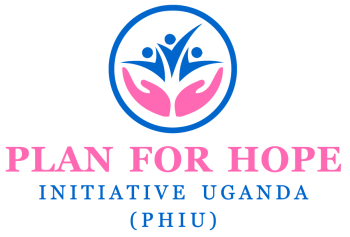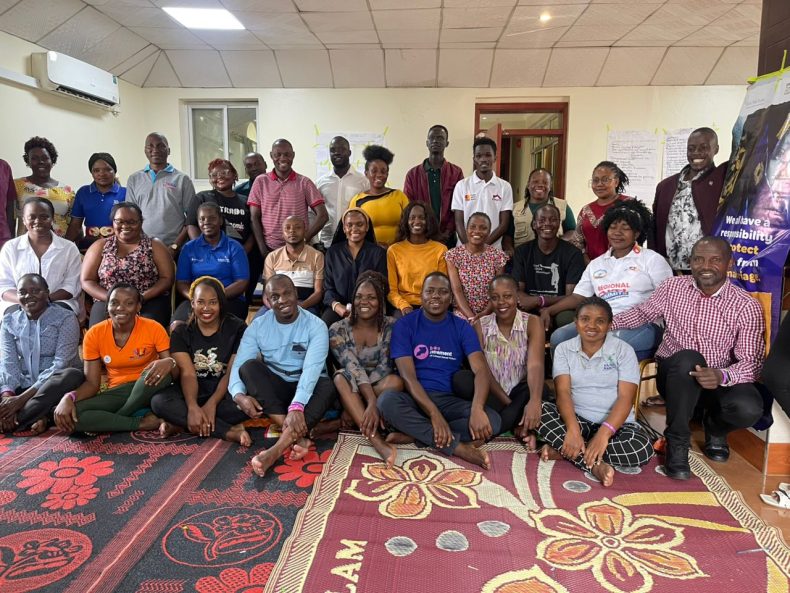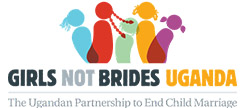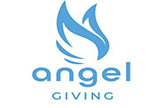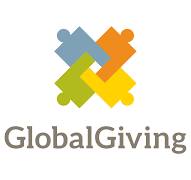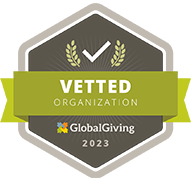Uganda, a country with a population of over 43 million people, is faced with numerous challenges, including child marriage and teenage pregnancies. According to the Uganda Demographic and Health Survey (UDHS) 2016, 34% of girls in Uganda are married before the age of 18, while 15% of girls aged 15-19 have begun childbearing. These statistics are alarming and necessitate urgent action to address the root causes of child marriage and teenage pregnancies.
In response to this challenge, Center for Domestic Violence Prevention (CEDOVIP) with Funding support from Girls First Fund organized a Residential Advocacy Training for Grantees of Girls First Fund and some Members of Girls Not Brides Uganda. The training, which brought together Advocates from different Organizations, aimed to equip participants with the necessary Skills and Knowledge to Advocate for an End to Child Marriage and protect Women and Girls from Gender Based Violence.
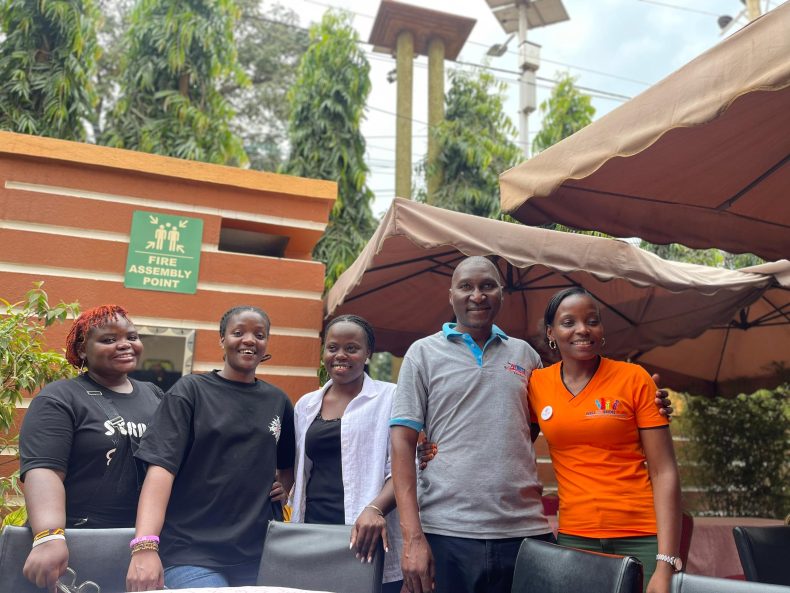
The training was facilitated by experienced trainers who provided us with a comprehensive understanding of the National and International Legal Frameworks that govern Child Marriage in Uganda. We were taken through the Domestic Violence Act, Universal Declaration of Human Rights (UDHR), Convention on the Rights of the Child, Convention on Elimination of All forms of Discrimination Against Women (CEDAW),The Children Act, and The Penal Code Act, among others. This knowledge empowered us together with other advocates to hold duty bearers accountable for the protection of Women and Girls’ Rights.
In addition to legal frameworks, we were trained on how to engage stakeholders, including politicians, district local leaders, and community members. We learned how to identify and map stakeholders, build relationships with them, and influence their decisions to support the cause of Ending Child Marriage and Domestic Violence.
The training also emphasized the importance of evidence-based advocacy. Participants were trained on how to collect, analyze, and use data to inform their advocacy work. We learnt how to develop compelling advocacy messages, build coalitions, and mobilize communities to support their cause.
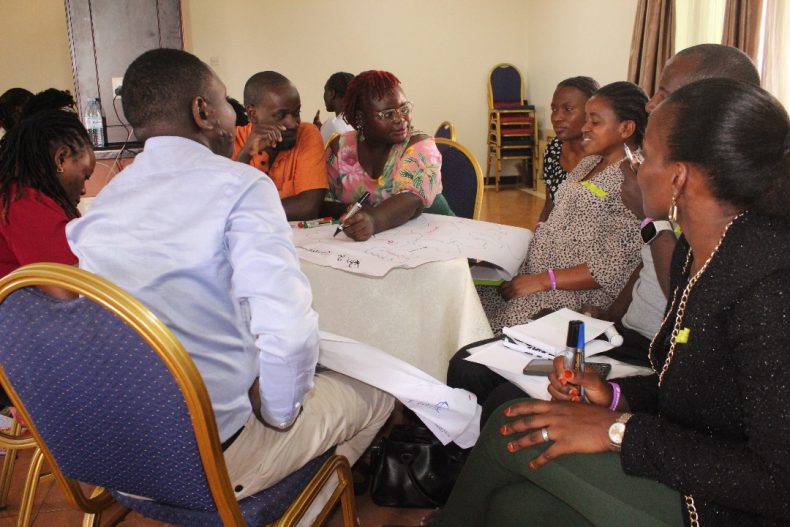
One of the most significant aspects of the training was the opportunity for participants to share their experiences through Gallery walks and learn from each other. The training provided a safe space for participants to discuss the challenges they face in their advocacy work and to receive support and guidance from peers.
The training was not without its challenges, however. Participants reported that one of the biggest challenges they face in their advocacy work is resistance from community members who view child marriage as a cultural practice. Participants also reported that they often face limited resources, including funding and personnel, which hinders their ability to effectively advocate for an end to child marriage.
Despite these challenges, participants left the training feeling empowered and motivated to continue their advocacy work. They reported that the training had equipped them with the necessary skills and knowledge to effectively advocate for an End to Child Marriage and Domestic Violence.
As one participant noted, “The training has empowered me to take action. I now know how to engage stakeholders, collect and use data, and develop compelling advocacy messages. I am confident that I can make a difference in my community.”
The residential advocacy training was a significant step towards Ending Child Marriage and Domestic Violence in Uganda. By empowering advocates with the necessary skills and knowledge, the training has helped to build a movement of champions who are committed to protecting the Rights of Women and Girls.
As we move forward, it is essential that we continue to support and empower these champions. We must provide them with the resources they need to effectively advocate for an End to Child Marriage and Domestic Violence. We must also create a supportive environment that allows them to thrive and make a meaningful impact in their communities., since we cannot give what we do not have. Therefore, selfcare is very important.
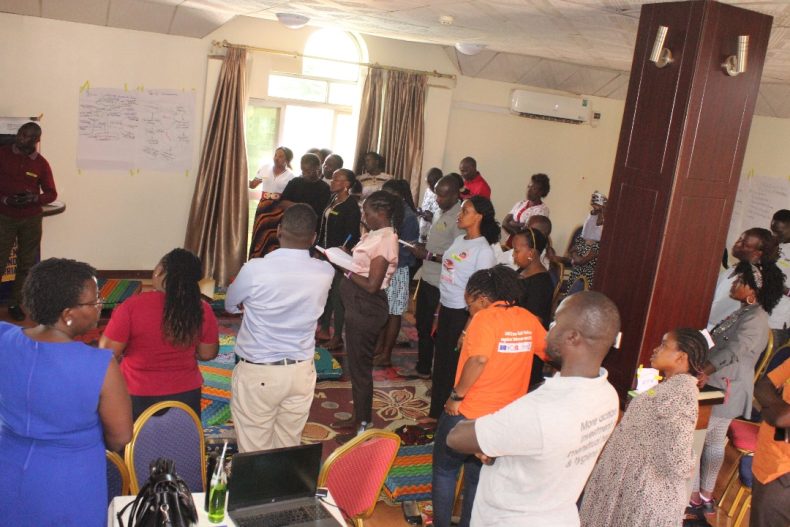
Together, we can create a Uganda where Women and Girls are valued, Respected, and Protected so that they can have power to decide for themselves and participate in their day today activities. We can only achieve this by harmonizing power imbalances in our communities.
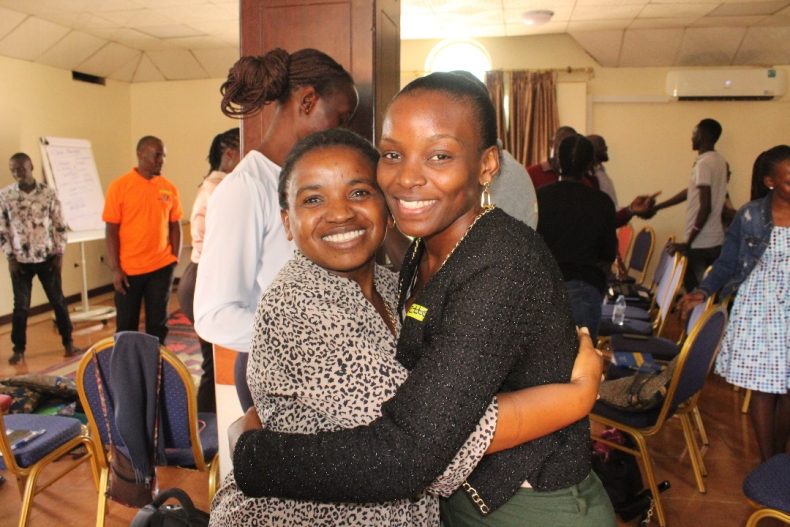
We are accelerating towards;
A Uganda, where Child Marriage and Domestic Violence are a thing of the past.
A Uganda, where Women and Girls can reach their full potential and contribute to the development of their communities.
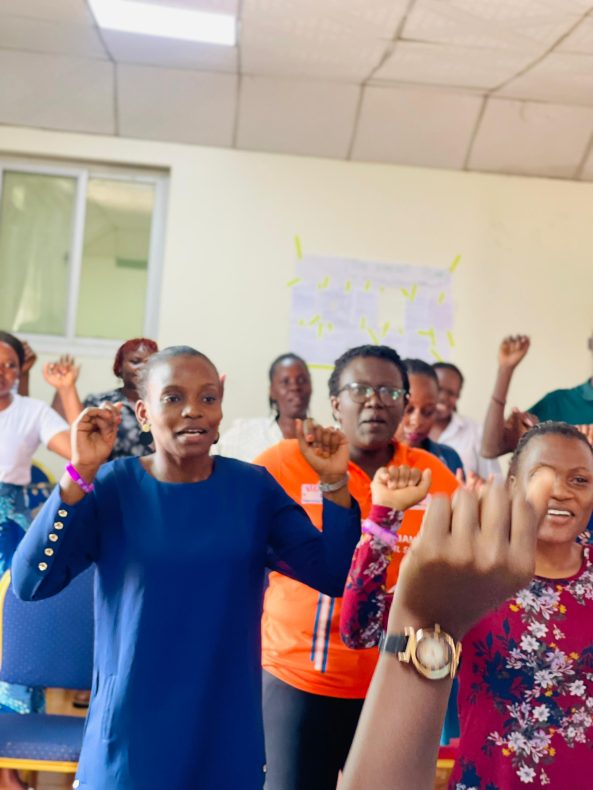
You have loved our article and work? Please consider Donating to us here
References:
Uganda Demographic and Health Survey (UDHS) 2016
The Domestic Violence Act, 2010
The Children Act, 1995
The Penal Code Act, 1950
